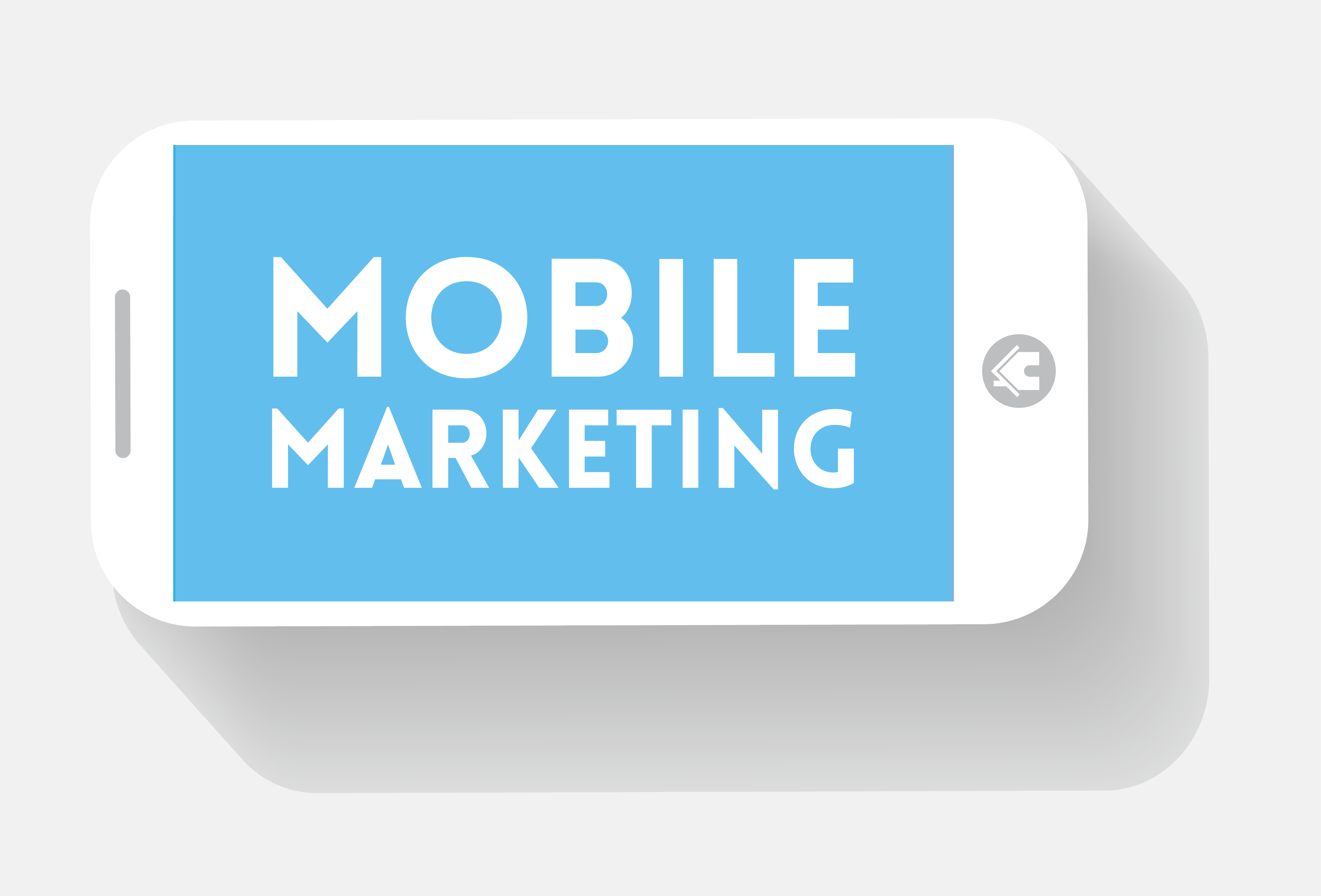Canadian texters got up-in-thumbs recently when telecom company Telus Corp. unveiled new pricing that would start charging people without data plans to receive SMS messages. Up ’til now, users without bulk plans only had to pay for outgoing texts. Faced with having to now shell out for twice as many messages, the plan-less apparently cried outrage over the possibility of having to pay for spam SMS.
Due to the outcry (I’m guessing it went something like, “You hosers!”) Telus yesterday said it would give credit to customers for each spam message they receive. Complainants simply have to forward the offending SMS with the keyword “spam” to the shortcode 7726–which conveniently also spells out the word “spam.” They’ll then get credit for the 15 cents they’d have been charged to receive the text.
I’m not sure what to think of all this. The whole thing smacks of both greed and irrational fear on the part of Canadian consumers.
First off, while SMS spam is forecast to grow, the figures famously cited by the research firm Ferris come out to a whopping less than one spam message per cell phone per year--hardly an outbreak. Second, unless we see radical changes to carriers’ pricing, text-message spam won’t ever reach email proportions: SMS incurs outgoing message charges, unlike free email, so the ROI is just not there for SMS spammers.
And third: Carriers in lots of other countries–including Canada’s neighbors to the south, the United States–have long charged for incoming as well as outgoing messages. So the boo-hooing of denizens in the Great White North mean nothing to the rest of the mobile world.
To be sure, Telus showed savvy. It’s taking consumer fears seriously while also offering a solution. Seeing as the number of spam texts is so low, the program won’t cost the company much. And such a program could possibly evolve into a way for all marketers to adhere to best practices.
Here’s how: If marketers don’t make sure consumers truly want to receive their messages, and don’t send only the kind of messages they promised, they’ll be labeled as spammers–the way ISPs label message-senders as spammers when their emails generate too many spam complaints. Legitimate marketers won’t have a problem with that.
Ultimately, though, here’s what I think: If you use SMS significantly, spring for a data plan–then per-message charges won’t affect you. And if you don’t…well, you wouldn’t be checking texts in the first place, would you?


